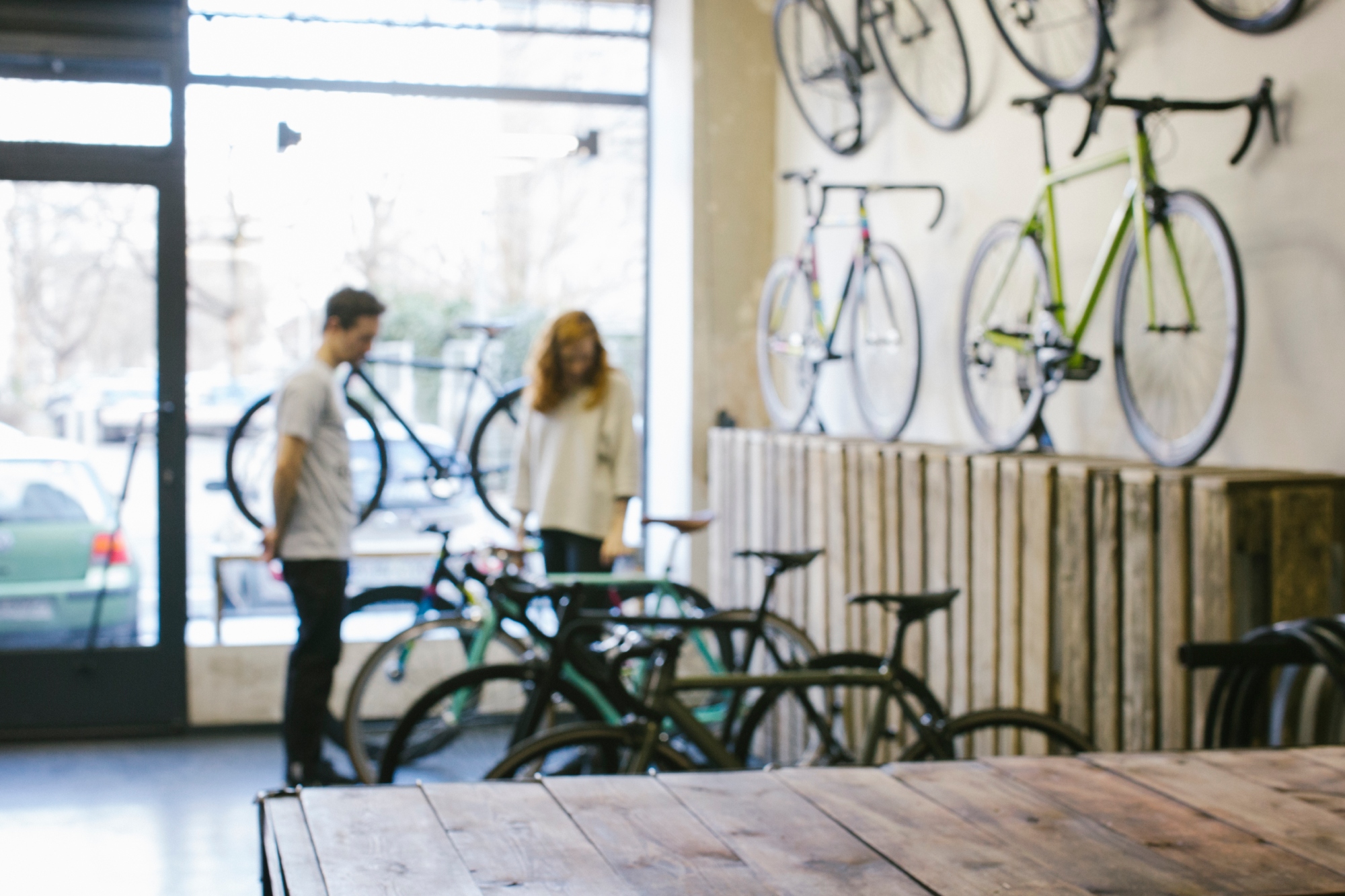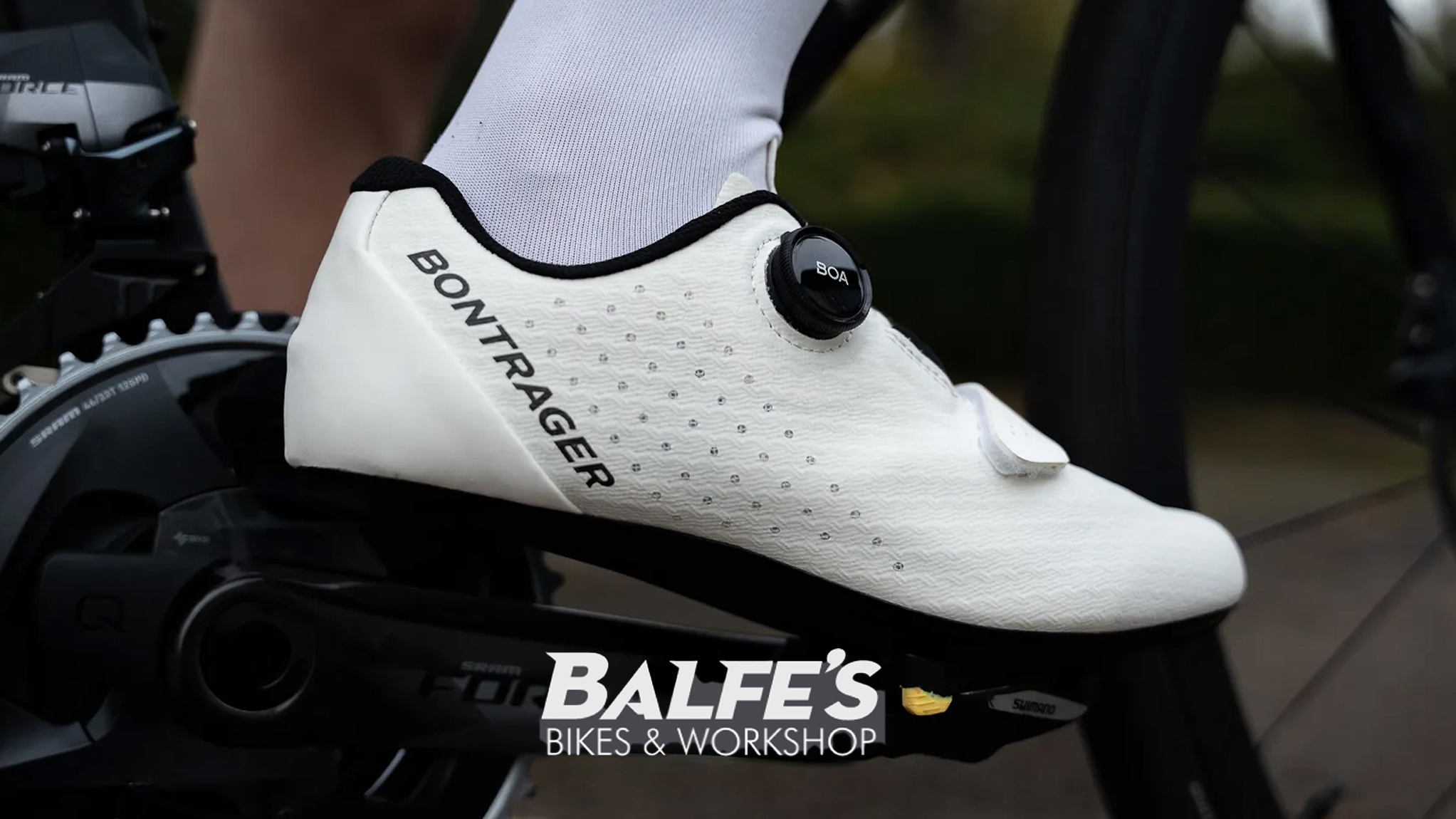Budget has 'betrayed' local bike shops, says British retailer association
More money to combat potholes and active travel funding also announced in budget


The UK budget announcement represents a "betrayal" for independent bike shops, the CEO of the British Independent Retailers Association (Bira) has said.
Speaking on Wednesday afternoon, after the Chancellor, Rachel Reeves, had set out Labour's first budget since it was elected, Andrew Goodacre, Bira's CEO, said that it was the "worst budget for independent retailers" he had seen.
The Association of Cycle Traders, the largest representative body for independent bike shops in the UK, is part of Bira.
Among other headlines, Reeves announced that National Insurance contributions from employers would increase from 13.8% to 15%, and, there will be a reduction in business rates relief from 75% to 40% from 2027. The minimum wage will also be increasing to £12.21 per hour for over-21s.
"The government's actions today show complete disregard for the thousands of hard-working shop owners who form the backbone of our high streets," Goodacre argued.
"Small retailers, who have already endured years of challenging trading conditions, now face a perfect storm of crippling cost increases. Their business rates will more than double as relief drops from 75% to 40%, while they're hit simultaneously with employer National Insurance rising to 15% and a lower threshold of £5,000, down from £9,100. Add to this the minimum wage increase to £12.21, and many of our members are telling us they simply cannot survive this onslaught.
"One member has already calculated these changes will increase their cost base by £150,000 next year alone," he added. "This budget betrays every independent retailer who has fought to keep their business alive through recent challenges. It's not just disappointing - it's potentially catastrophic for Britain's high streets."
Get The Leadout Newsletter
The latest race content, interviews, features, reviews and expert buying guides, direct to your inbox!
Cycling retailers have faced turbulence in the past few years, with the entire industry battling difficulties caused by overstocking during the Covid pandemic, among other market conditions. One industry report stated that businesses should strive to "survive to 2025", amid a two-year period that has seen many high-profile casualties, from WiggleCRC to - more recently - distributor i-ride.
Cycling UK and Sustrans praises active travel funding reinstatement
Elsewhere in her budget, the Chancellor said that an extra £100 million would be put towards cycling and walking infrastructure in the UK, which was praised by Cycling UK and Sustrans, but more was called for.
Fuel duty was frozen once again, but £500 million extra was also committed to fixing potholes on local roads, although this is nowhere near the £16.3 billion reportedly needed to tackle the state of roads in the UK.
"Amid a tight spending landscape, it's great to see investment in transport," Xavier Brice, CEO of Sustrans, said. "Alongside investment in buses, rail, and fixing potholes and pavements, we welcome the additional £100 million investment in cycling and walking paths, reversing previous cuts. This will boost the economy, improve people’s health and help us all get around."
"Credit where credit’s due; today the Chancellor has helped to recoup funding for active travel that was cut in March 2023 by committing an additional £100m to cycling and walking infrastructure," Sarah McMonagle, director of external affairs at Cycling UKJ, said in a press release. "However, much greater investment is needed if the government is to achieve its ambitious health and economic growth missions. We know that for every £1 spent on cycling and walking schemes, £5.62 worth of wider benefits are achieved. This far surpasses the return on investment for road building.
"We were disappointed to see that fuel duty has been frozen yet again, which means the cost of driving is not increasing in relative terms," she continued. "Research suggests that in the past, savings from the fuel duty freeze have not been passed down to consumers. Revenue raised from an increase in fuel duty could make public transport more affordable, and cycling and walking much safer through more investment in active travel.
"Increasing investment in walking and cycling stands to benefit us now and in the future. There’s still time to take bold action, and we will continue to impress upon the government the potential for cycling to transform our communities into greener, healthier and more prosperous places to live."

Thank you for reading 20 articles this month* Join now for unlimited access
Enjoy your first month for just £1 / $1 / €1
*Read 5 free articles per month without a subscription

Join now for unlimited access
Try first month for just £1 / $1 / €1

Adam is Cycling Weekly’s news editor – his greatest love is road racing but as long as he is cycling, he's happy. Before joining CW in 2021 he spent two years writing for Procycling. He's usually out and about on the roads of Bristol and its surrounds.
Before cycling took over his professional life, he covered ecclesiastical matters at the world’s largest Anglican newspaper and politics at Business Insider. Don't ask how that is related to riding bikes.
-
 Gear up for your best summer of riding – Balfe's Bikes has up to 54% off Bontrager shoes, helmets, lights and much more
Gear up for your best summer of riding – Balfe's Bikes has up to 54% off Bontrager shoes, helmets, lights and much moreSupported It's not just Bontrager, Balfe's has a huge selection of discounted kit from the best cycling brands including Trek, Specialized, Giant and Castelli all with big reductions
By Paul Brett
-
 7-Eleven returns to the peloton for one day only at Liège-Bastogne-Liège
7-Eleven returns to the peloton for one day only at Liège-Bastogne-LiègeUno-X Mobility to rebrand as 7-Eleven for Sunday's Monument to pay tribute to iconic American team from the 1980s
By Tom Thewlis